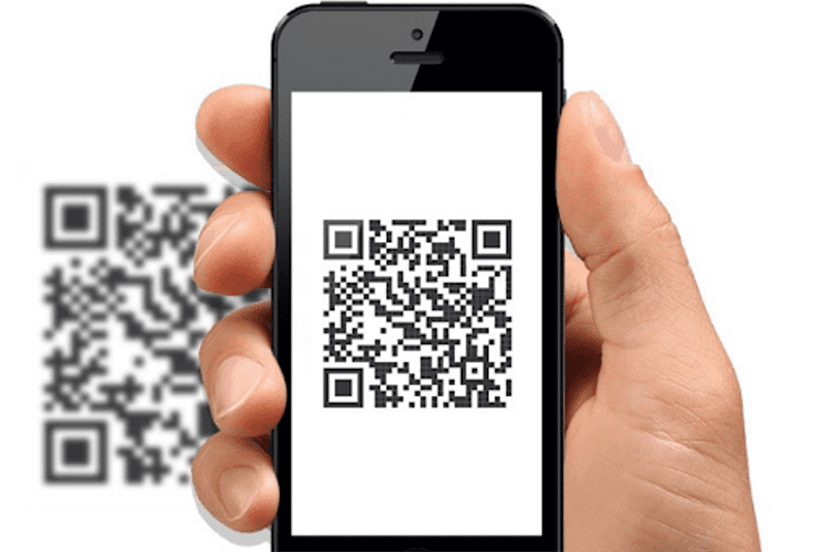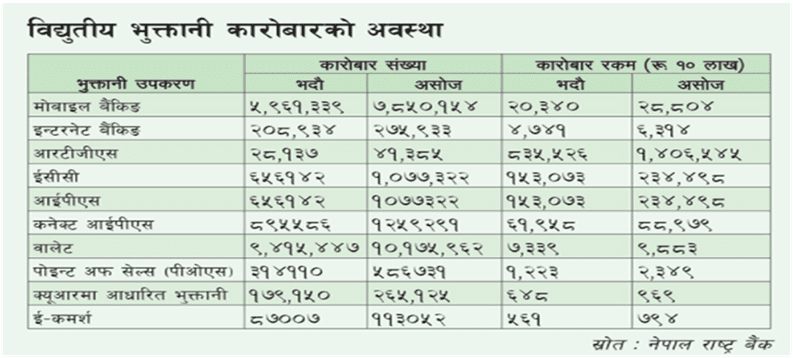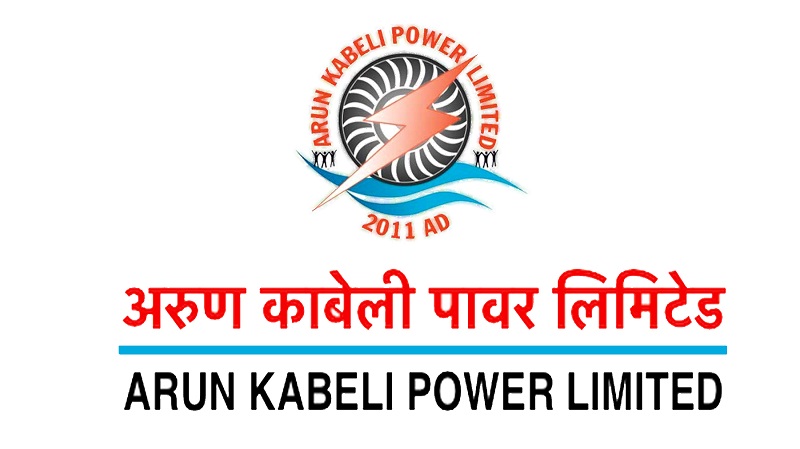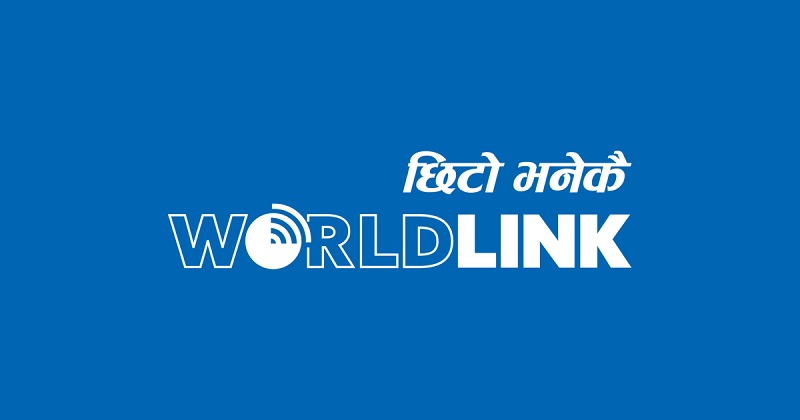Use of QR Code for Payment Increasing In Nepal
14th December 2020, Kathmandu
Payment of business transactions through the new equipment QR code is gaining popularity in the market now which is widely used by various organizations. In a short period of one month, an additional 85,975 transactions worth Rs. 321 million were transacted from the QR code. Last September alone, such transactions amounted toRs. 969 million. Whereas in August, Rs. 64.8 billion was transacted.
As the payment from QR has been increasing lately, Nepal Rastra Bank is preparing to make it more systematic and uniform. NRB has stated that it is setting its resources and personnel to maintain more orderliness and uniformity as the number of transactions has hiked with the use of QR codes.
The central bank is going to make it more systematic based on international standards. According to the National Bank, the international practice of QR codes shows the details of who, when, where, and from which merchant the QR code was scanned. Details of mobile which was used during QR code operation, account details of the scanner, amount of deduction, details of PSO operator along with three-page customer identification which is also known as Know Your Customer (KYC) of the person who is handling the business should be stated prominently as per the international practice of QR codes. “The detailed data specifications of such a scan should be on the server or all the details of the QR scanned transactions should be seen and found when searched for. That is why we are trying to manage it,” said a NRB source. “The QR code issued now does not contain all this information. Institutions are running them according to their own will. That is why we are preparing to have the same criteria for everyone.”
BhuvanKandel, the Executive Director from the Department of Payment System of Central Bank, said that the operating company could add more arrangements by obeying mandatory schemes directed by the central bank. He says that it is being made with international standards so that it will be easier to find out where the money has gone. He stated, “There is always demands new equipment from the market. The central bank is keen to make it easier”
QR codes are now used in large supermarkets, hotels, and restaurants which will be imminently used in small grocery stores, drug stores, meat shops, stationeries, and snack shops. In fact, many places are using it right now.
Chairman of the Nepal Bankers Association and CEO of Sanima Bank, Bhuvan Kumar Dahal says that the use of a unified QR code has increased competition among banks. According to him, most of the shops, shopping malls, and other places have made arrangements to pay using QR codes, but when making such payments, the lack of Wi-Fi in most places has led to problems such as having to open data on mobiles and payment being interrupted when data is slow.
Therefore, access to the Internet is vital for that business, he pointed out.“The merchant who provides the QR code facility can also be a person. Why not give a QR code facility to those who sell vegetables in a basket? Nepal Rastra Bank (NRB) has therefore decided to provide the facility of such code only to the registered institutions.” he says. He concludes by saying, “But, when it reaches all areas, digital payments would become easier and efficient immediately. For this reason, the government, central bank, and all the banking and financial institutions need to work together to take digital banking to new heights in the coming days.”
SanjeevSubba, chief executive officer of Nepal Electronic Payment System (NEPS), says that Rastra Bank must do some legal work on the Unified QR Code. ‘Like the Aadhaar number in India, there is a need to create a special number in Nepal. Currently, the mobile number can be considered as a unique ID. Similarly, Nepali smart cards are also coming. NRB needs to tag it and move forward,’ he said. Transactions through QR codes as well as through other electronic payment systems have increased significantly. Electronic media users are attracted to the common wallet since it provides various schemes, bumper gifts, and other facilities.
In the last September, Rs. 9 billion 880 million worth of payment was made by E-sewa, IMEPay, Khalti, and other internet payment service providers from 1,175,000 transactions. A total of Rs 7.85 billion worth of transactions worth Rs 28.80 billion were transacted in September.
The NRB said that the significant increase in the electronic payment business was due to the development of electronic payment infrastructure, incentives for transactions, and increasing practice in the use of electronic payment devices by the public.








